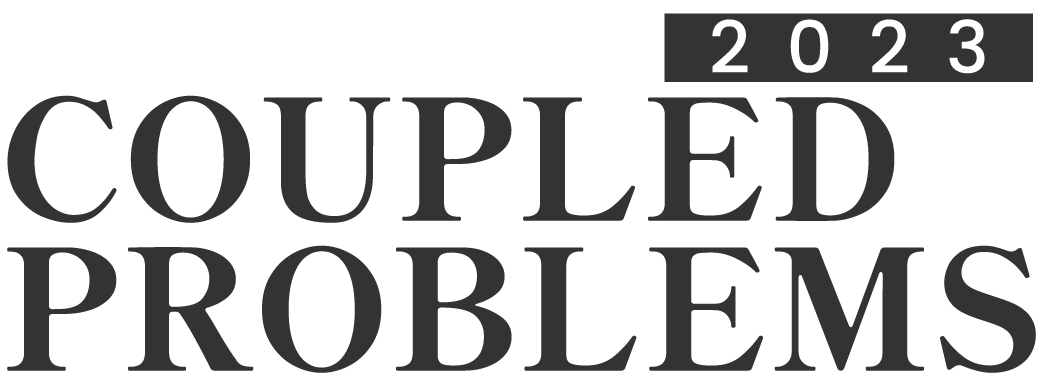

3DDA: a novel python toolkit to analyse 3D-dynamic contact angles from Molecular Dynamics simulations
Please login to view abstract download link
3DDA is a python-based software that uses a novel approach to calculate dynamic contact angles (DCA) from molecular dynamics (MD) simulations as well as other discrete particle techniques. The current state of the art relies on the localization of the liquid/gas interface from a 2D density profile. Whilst this approach is widely used for experimental analysis, its transferability to the nanoscale level is not optimal. With 3DDA it is possible not only to obtain the 3D-average of the DCA but also to analyze how the droplet changes its shape during the wetting process providing a polar plot of the DCA that allows to rapidly characterize the asymmetry of the droplet that could be induced by surface defects or patterns for example. From the x-, y-, and z-coordinates of the liquid atoms, a 3D density profile is calculated which is then enveloped using the Euclidean Convex Hull algorithm to obtain the surface points of the interface between the solid substrate, the liquid, and the vapor phase. This step is followed by a Delaunay triangulation that tessellates the surface into smaller triangular faces. From each of those triangles, a contact angle is calculated and with the machine learning approach of the kernel density estimator, a probability density estimation of the most probable angle is thus obtained. The final DCA profile represents then a collection of the most probable contact angles at each timestep of the spreading process. In conclusion, this method provides an extended view on spreading dynamics taking full advantage of 3D MD simulations aiming at investigating the behaviour of a large variety of liquids e.g. water, ionic liquids, molten polymers, or liquid metal, especially when the asphericity of the droplet may play an important role.

